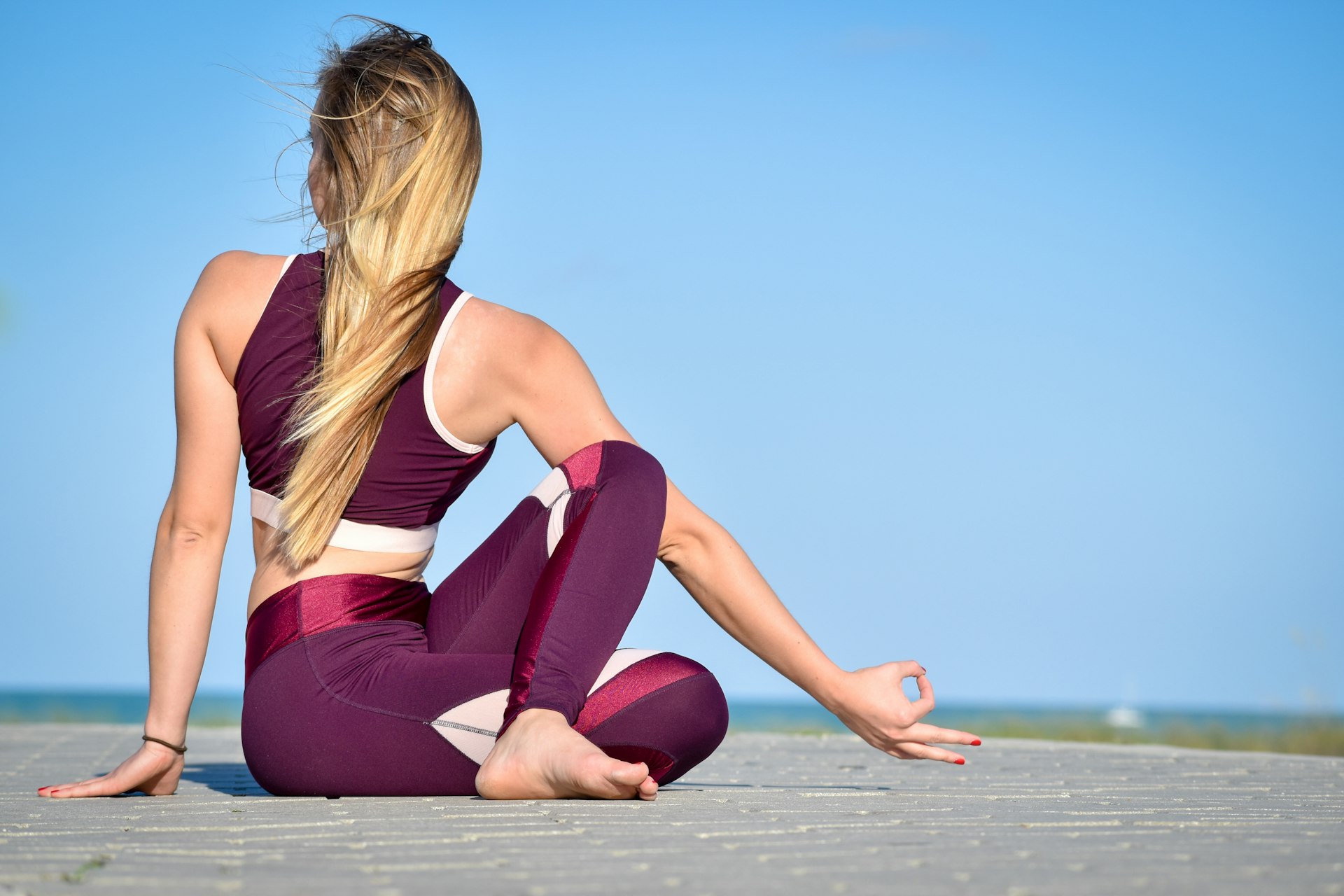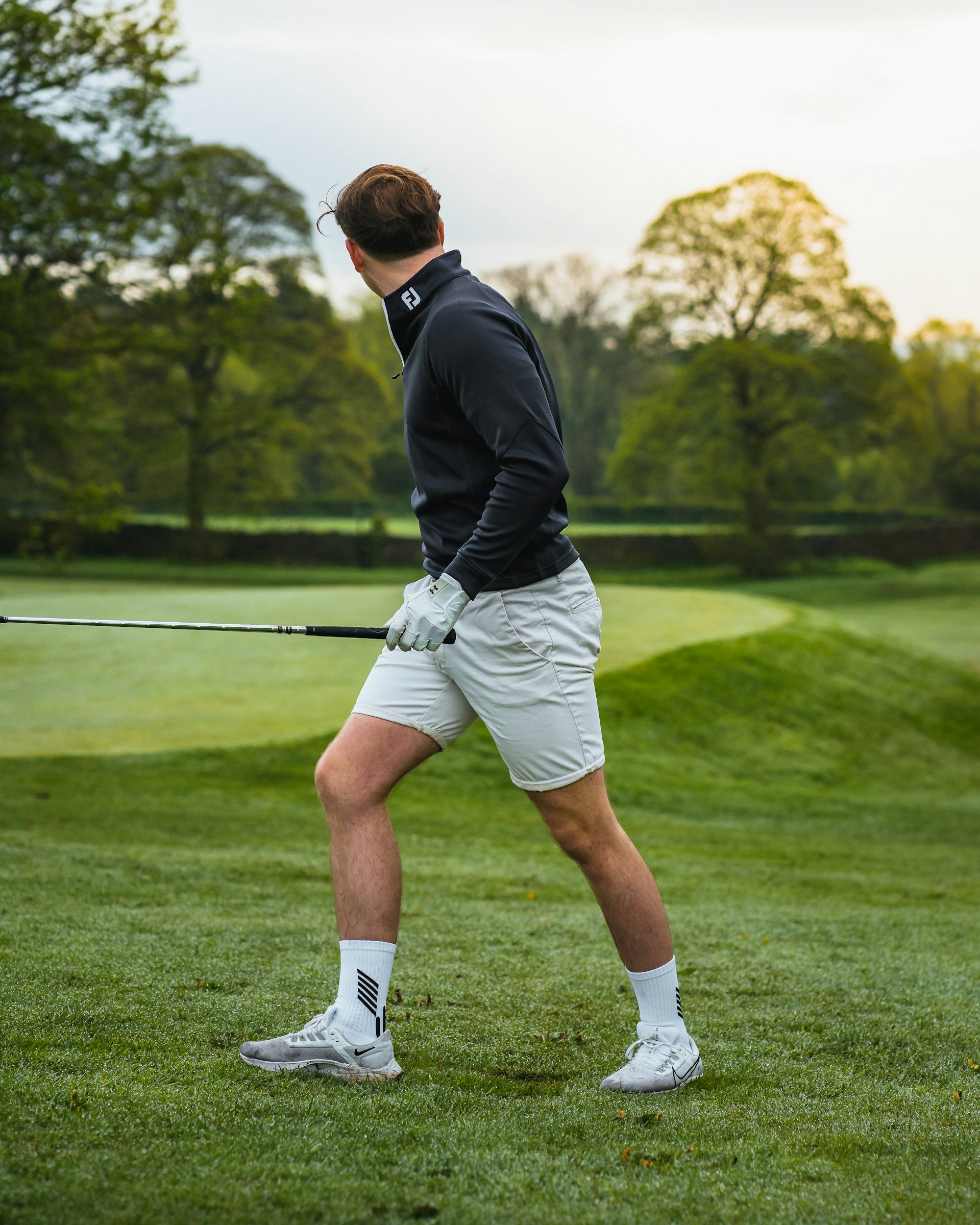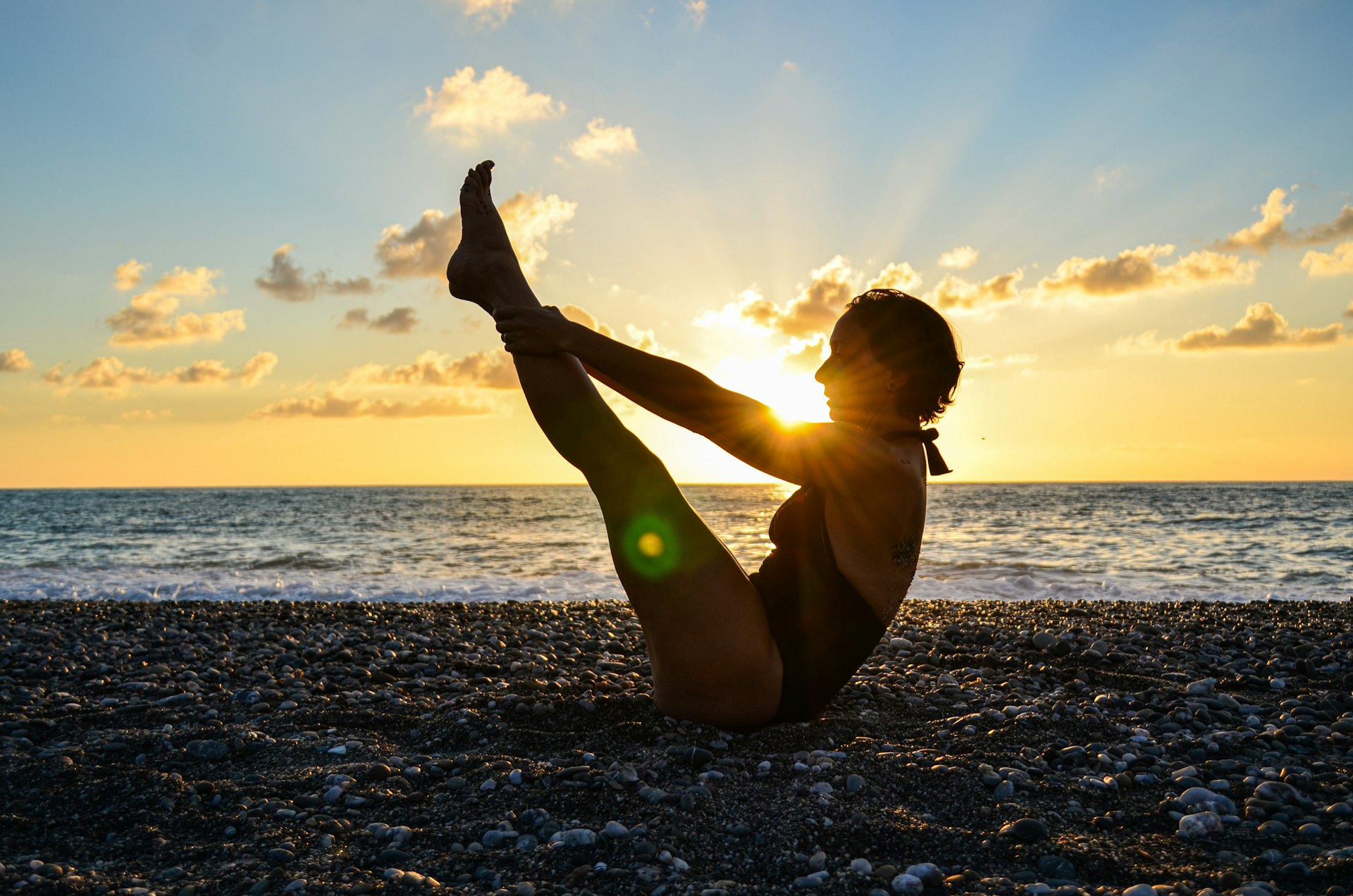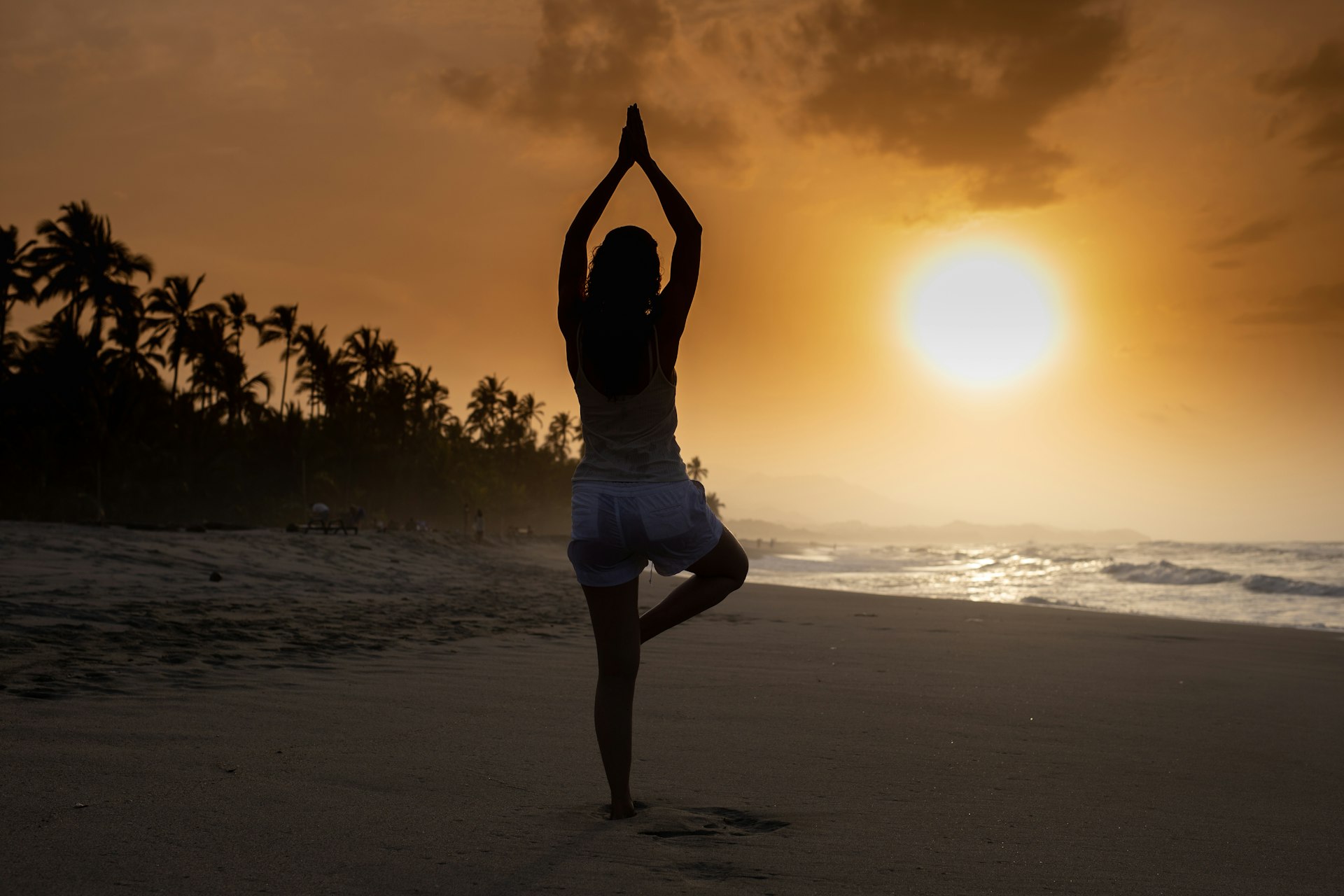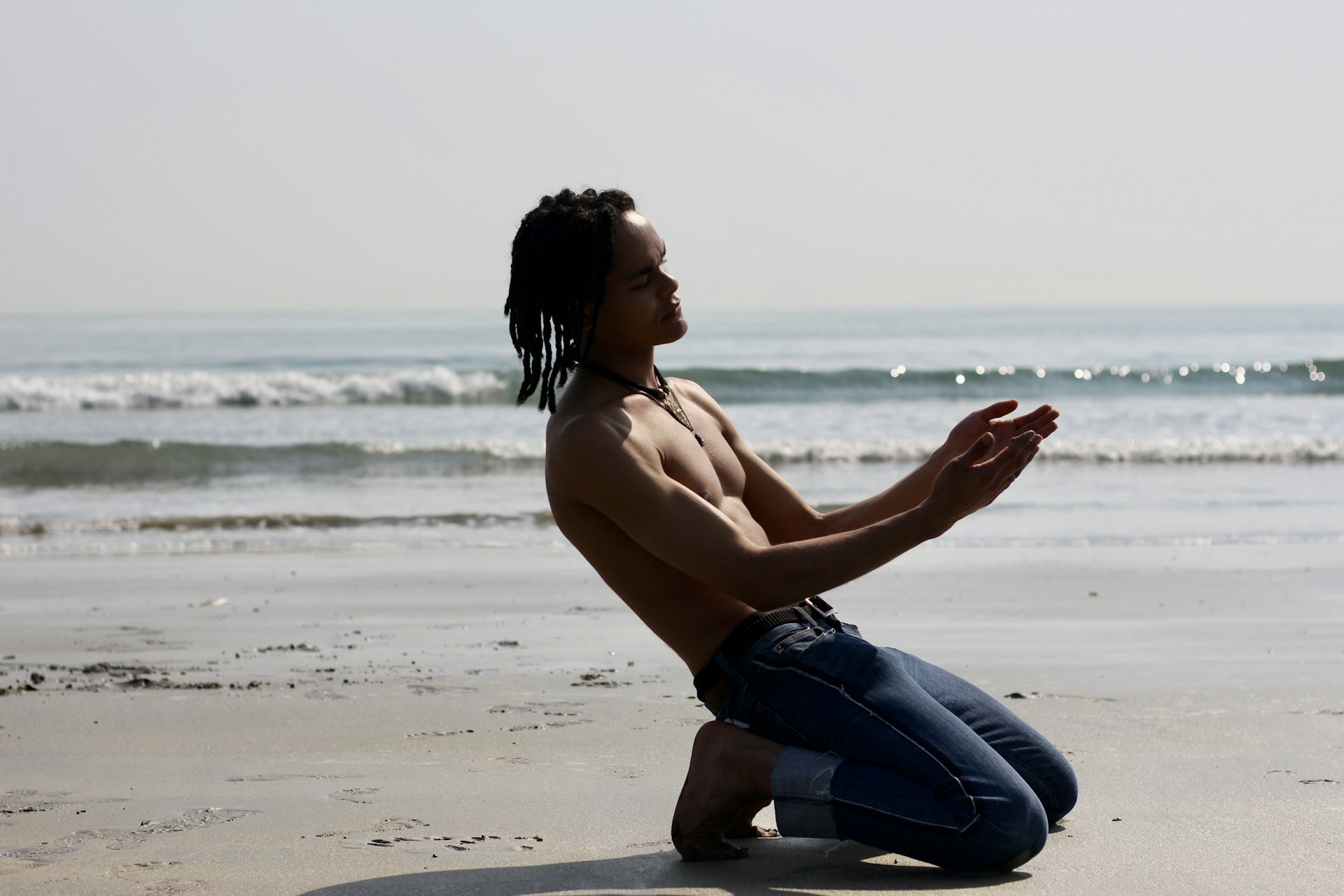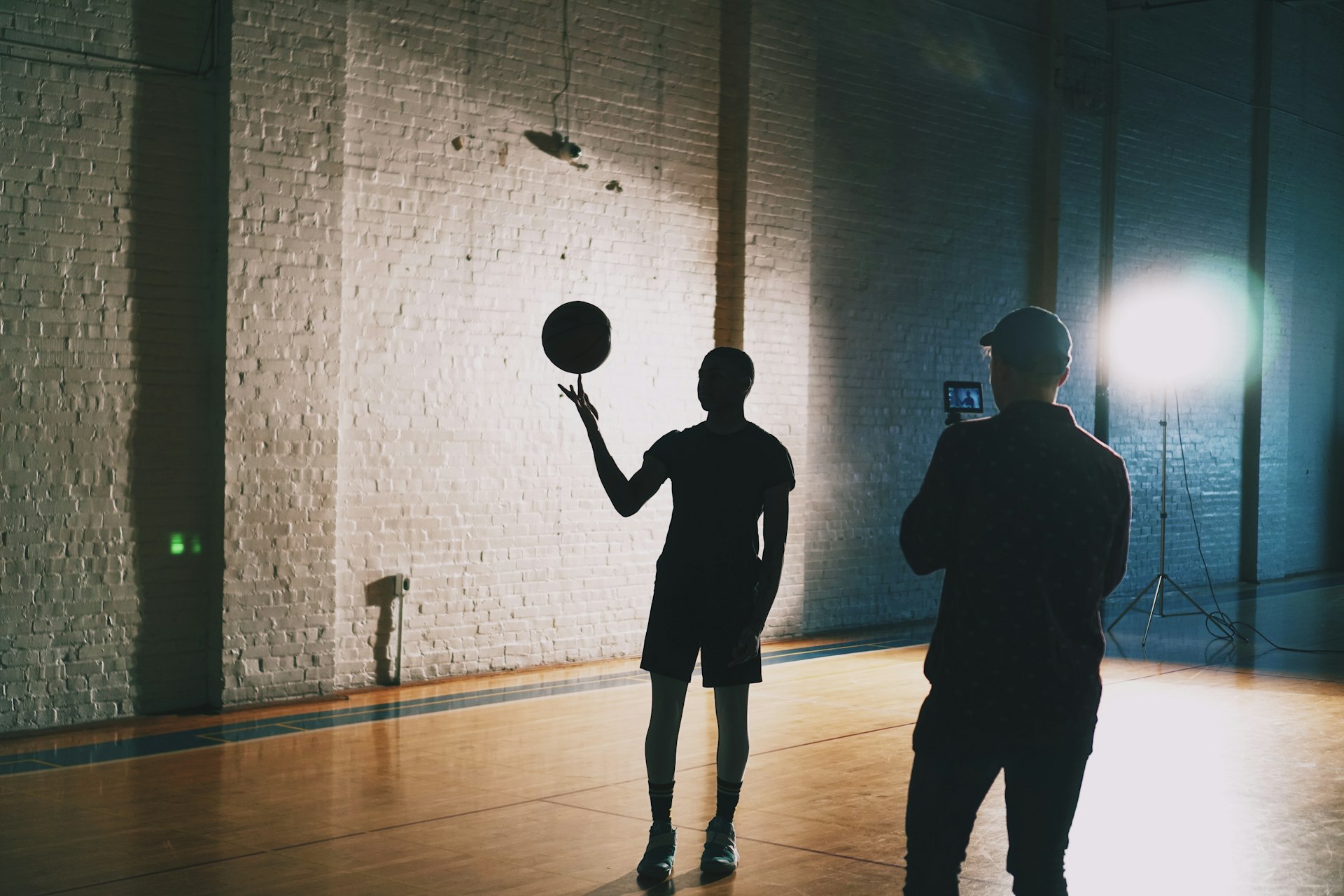How Meditation Reduces Anxiety: Evidence, Strategies, and Access

Photo by Benjamin Wedemeyer on Unsplash
Introduction to Meditation and Anxiety Reduction
Anxiety is a pervasive mental health concern affecting millions globally. While conventional treatments such as medication and psychotherapy remain foundational, meditation has emerged as a scientifically supported approach for reducing anxiety. Research demonstrates that meditative practices can lead to meaningful reductions in anxiety symptoms, promote emotional health, and foster resilience against stressors [1] . This article explores the mechanisms, evidence, and practical pathways for using meditation to manage anxiety.
Scientific Evidence for Meditation in Reducing Anxiety
Multiple randomized controlled trials and meta-analyses confirm that meditation is effective in reducing symptoms of anxiety. A systematic review of 28 studies found that participants engaging in meditation, when compared to those receiving only standard treatment or placed on waiting lists, demonstrated greater reduction in anxiety symptoms. Of these, 72% reported statistically significant results favoring meditation. The pooled data revealed a standardized mean difference of −0.52, indicating a moderate and meaningful effect [1] .

Photo by Nawartha Nirmal on Unsplash
Mindfulness-Based Stress Reduction (MBSR), one of the most researched meditation protocols, has been found to decrease anxiety symptoms in people with Generalized Anxiety Disorder (GAD). Patients learning MBSR were less likely to ruminate on negative thoughts and showed improved self-regard and coping during stressful situations [2] . Another meta-analysis with nearly 1,300 adults found that meditation’s anxiety-reducing effects are most pronounced in individuals with higher levels of anxiety [3] .
Meditation vs. Medication: Comparative Effectiveness
Recent clinical trials suggest that meditation can be as effective as first-line medications for treating anxiety disorders. One landmark study directly compared MBSR to the antidepressant escitalopram. The results showed that MBSR was noninferior to escitalopram, meaning both treatments led to similar improvements in anxiety symptoms [4] . This equivalence was confirmed in a randomized trial across major U.S. hospitals, where patients received either weekly in-person MBSR classes or daily medication. Both groups showed significant reductions in anxiety at eight weeks, sustained at 12 and 24 weeks post-treatment [5] .
While medications can be essential, meditation offers a non-pharmacological alternative or supplement, especially for those seeking to avoid side effects or who prefer holistic approaches. It’s important to consult with healthcare providers when considering changes to treatment plans.
Mechanisms: How Meditation Reduces Anxiety
Meditation works through several psychological and physiological pathways:
- Present-moment focus: Mindfulness meditation trains individuals to focus on the present, reducing the tendency to ruminate on past or future worries.
- Cognitive reappraisal: By seeing thoughts as transient and not absolute, practitioners learn to reframe anxiety-provoking thoughts and sensations [4] .
- Stress response regulation: Regular meditation practice lowers physiological markers of stress, such as cortisol, and helps regulate emotional responses to challenges [3] .
- Self-compassion: Nonjudgmental awareness cultivated during meditation leads to increased self-acceptance and self-kindness, which buffers against anxiety [2] .
These mechanisms are supported by neurobiological evidence showing changes in brain regions associated with emotion regulation, attention, and self-awareness among regular meditators.
Implementing Meditation: Step-by-Step Guidance
To begin integrating meditation for anxiety reduction, consider these practical steps:
- Choose a meditation style: Mindfulness meditation, guided imagery, and loving-kindness meditation are commonly used for anxiety. Mindfulness-Based Stress Reduction (MBSR) is widely validated by research [5] .
- Set aside regular time: Consistency is crucial. Begin with 10-15 minutes daily, gradually increasing as you become more comfortable.
- Find resources: You can join local meditation groups, seek out certified instructors, or use reputable apps. For in-person programs, consider searching for “Mindfulness-Based Stress Reduction classes near me” or visit your local hospital’s wellness center. For virtual options, reputable apps like Headspace and Calm offer guided meditations (verify availability in app stores).
- Track progress: Maintain a journal of your experiences. Note changes in anxiety levels, coping ability, and overall well-being.
- Seek professional support: If anxiety is severe or persistent, consult a licensed therapist or psychiatrist. Meditation can complement, but not replace, professional care.
If you prefer structured programs, MBSR courses are commonly offered at medical centers and universities. Search for “MBSR program” along with your location for local options. For online programs, verify instructor credentials and program legitimacy before enrolling. Always ensure that any provider or service is reputable and recognized by health authorities.
Case Studies and Real-World Examples
Case studies highlight the benefits of meditation for anxiety. In one randomized trial, employees using a mindfulness meditation app for eight weeks reported reduced job-related anxiety and improved well-being compared to controls [3] . Patients with GAD participating in MBSR reported less rumination and greater resilience during stress-inducing tasks [2] . These results suggest that meditation is effective across varied populations and settings.
Challenges and Solutions
While meditation is accessible, some individuals face challenges such as difficulty concentrating, skepticism about effectiveness, or lack of access to trained instructors. Solutions include:
- Guided meditations: Beginners benefit from audio or video guidance, which can be found on established meditation apps and platforms.
- Group practice: Joining group sessions can enhance accountability and motivation.
- Professional support: If progress stalls, seek feedback from a certified meditation teacher or mental health professional.
- Gradual integration: Start with brief sessions and increase duration as comfort grows.
Remember, meditation is a skill developed over time. Patience and persistence are key.
Alternative Approaches to Meditation
While mindfulness meditation is the most researched, other contemplative practices may also reduce anxiety, including:
- Yoga: Combines movement, breathwork, and meditation for holistic stress reduction.
- Tai Chi: Integrates gentle movement and mindful attention.
- Transcendental Meditation: Uses mantra repetition to promote relaxation.
Individuals may explore various forms and select what resonates best. Many wellness centers, community organizations, and online platforms offer introductory classes and resources. For verified information, consult established organizations such as the National Center for Complementary and Integrative Health (search “NCCIH meditation resources”) or your local hospital’s wellness program.
How to Access Meditation Services and Resources
To access meditation programs for anxiety:
- Search for “Mindfulness-Based Stress Reduction” or “meditation for anxiety” at local hospitals, universities, or wellness centers.
- Review program details, instructor qualifications, and schedule before enrolling.
- For online options, use established apps and verify their credentials through app store reviews or organization websites.
- If you need professional support, contact your primary care provider or mental health professional and ask about integrating meditation into your treatment plan.
If direct links are unavailable, use search engines with keywords such as “certified meditation instructor near me” or “MBSR program [your city].” For evidence-based guidance, consult the National Center for Complementary and Integrative Health or recognized hospital wellness programs.
Key Takeaways
Meditation offers a practical, evidence-based pathway for reducing anxiety. Its benefits are supported by rigorous scientific research and are comparable to pharmacological treatments for many individuals. Meditation is accessible, adaptable, and can be integrated into diverse lifestyles. Whether you seek in-person guidance, digital resources, or self-directed practice, multiple options are available. Always verify the legitimacy of any program or instructor, and consult healthcare professionals for severe or persistent anxiety.
References
- [1] KW Chen et al. (2012). Meditative Therapies for Reducing Anxiety: A Systematic Review and Meta-Analysis.
- [2] EA Hoge et al. (2013). Randomized Controlled Trial of Mindfulness Meditation for Generalized Anxiety Disorder.
- [3] Healthline (2022). 12 Science-Based Benefits of Meditation.
- [4] EA Hoge et al. (2023). Mindfulness-Based Stress Reduction vs Escitalopram for the Treatment of Anxiety Disorders.
- [5] Georgetown University Medical Center (2022). Mindfulness-Based Stress Reduction is as Effective as an Antidepressant Drug for Treating Anxiety Disorders.
MORE FROM getscholarships.net


